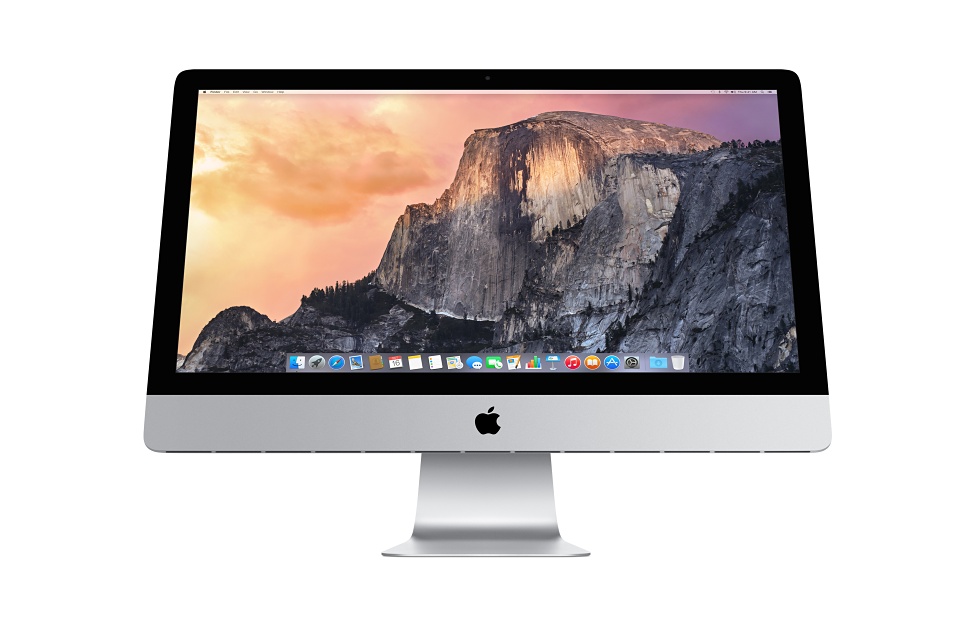

Oracle is at the centre of a fresh adware controversy after installing Ask.com adware on Mac computers, via the default installation of Java.
Oracle is known to have done the same thing to Windows users for years now, by bundling adware with its Java installer for Windows PCs.
But Oracle’s decision to bundle adware in with the Macintosh installation of Java was revealed in a blog posting by Mac administrator Rich Trouton, who is based in Virginia.
“You will be prompted to set Ask.com as your browser homepage, with the choice to do so checked off by default,” Trouton wrote. “If left checked, Safari’s homepage will be set with a search.ask.com URL and a Safari extension will be used to install an Ask.com toolbar.”
“If you didn’t change the option of setting Ask.com as your browser homepage, it’ll then ask you to install the Ask.com toolbar as a Safari extension,” he warned.
Ask.com is controversial as it can hijack a browser’s search requests and return ad-laden results. It pays millions of dollars so that its toolbar is distributed by companies such as Oracle, and it can also be somewhat tricky to remove. If users are not paying attention during an installation, they can easily discover it has been included in the installation.
Of course, Ask.com is not as potentially dangerous as the SuperFish adware. Last month was revealed that Lenovo had pre-installed Superfish, an advertising program, on some Lenovo laptops.
Lenovo had begun to bundle Superfish ad software with some of its laptops in September of last year, using it to alter users’ search results. It said it removed the software from its products in January due to user complaints over the intrusiveness of the tool.
That triggered the US Government to warn the general public to remove Superfish because it said it introduces a security vulnerability.
The hacker group the Lizard Squad apparently retaliated against Lenovo for Superfish, and took down its main corporate website in late February.
Are you a security guru? Try our quiz!
Denial from TSMC, after multiple reports it was in talks with Intel over a joint…
CEO Tim Cook talks to Trump official, as IDC notes China's smartphone market growth, and…
Another big name chip maker expects a hefty financial charge, after the US tightened rules…
More bad news for Google. Second time in less than a year that some part…
Federal office that tackled misinformation and disinformation from hostile nations is closed down, after criticism…
After Nvidia admits it will take $5.5 billion charge as Trump export limits of slower…
View Comments
Yet one more reason that Java is only an educational language and should never be used in production.
How is this "news"?! The Ask.com toolbar and accompanying adware has been bundled in the same fashion for more than 15 years! We had to create our own corporate deployment bundles for Java based on an install in which we had manually unchecked the Ask.com selections before committing to the install on the build master and that was easily our practice from 2000 (if not before) going forward.